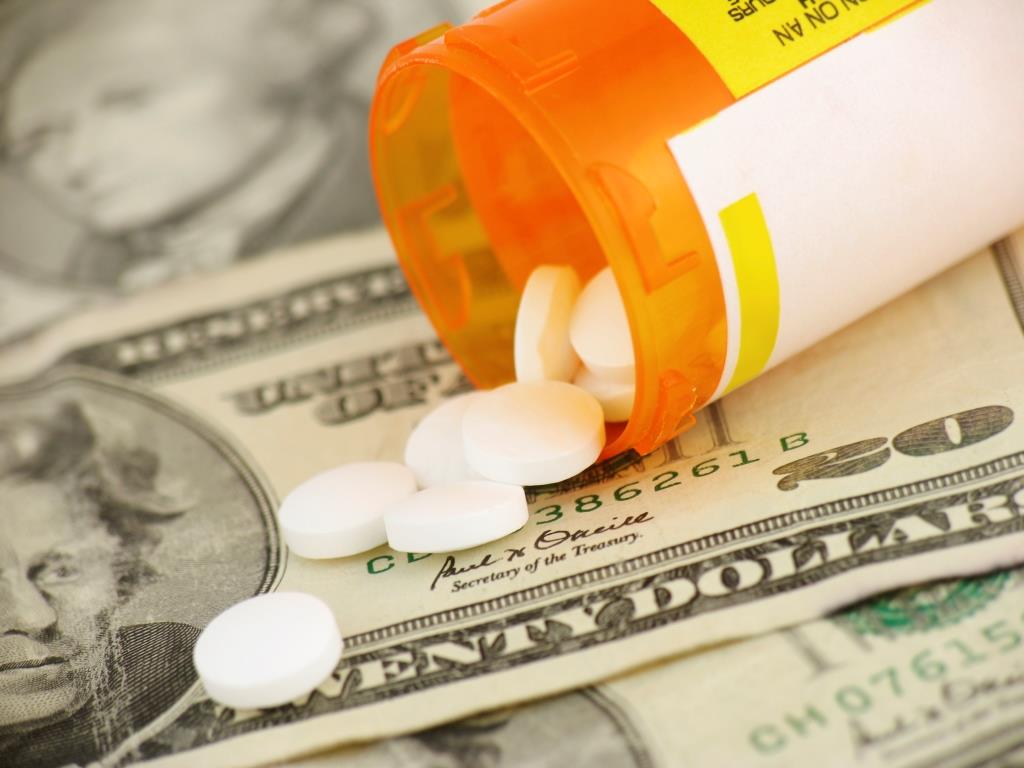So Why Don’t We Speed Up Approvals And Save More Lives?
This is from an NBER Working Paper by Frank Lichtenberg:
 We investigate the effect of the vintage (year of FDA approval) of the prescription drugs used by an individual on his or her survival and medical expenditure. When we only control for age, sex, and interview year, we estimate that a one-year increase in drug vintage increases life expectancy by 0.52%. Controlling for other variables including activity limitations, race, education, family income as a percent of the poverty line, insurance coverage, Census region, BMI, smoking and over 100 medical conditions has virtually no effect on the estimate of the effect of drug vintage on life expectancy.
We investigate the effect of the vintage (year of FDA approval) of the prescription drugs used by an individual on his or her survival and medical expenditure. When we only control for age, sex, and interview year, we estimate that a one-year increase in drug vintage increases life expectancy by 0.52%. Controlling for other variables including activity limitations, race, education, family income as a percent of the poverty line, insurance coverage, Census region, BMI, smoking and over 100 medical conditions has virtually no effect on the estimate of the effect of drug vintage on life expectancy.
Between 1996 and 2003, the mean vintage of prescription drugs increased by 6.6 years. This is estimated to have increased life expectancy of elderly Americans by 0.41-0.47 years. This suggests that not less than two-thirds of the 0.6-year increase in the life expectancy of elderly Americans during 1996-2003 was due to the increase in drug vintage. The 1996-2003 increase in drug vintage is also estimated to have increased annual drug expenditure per elderly American by $207 and annual total medical expenditure per elderly American by $218. This implies that the incremental cost-effectiveness ratio (cost per life-year gained) of pharmaceutical innovation was about $12,900.
Chris Conover comments: These results imply that at least as far as pharma spending goes, we’re getting rather extraordinary bang for our buck. <$13K to extend a life by one year is extraordinarily cheap. (Medicare pays ~$80K annually keeping kidney dialysis patients alive.)


I guess it is for national security reason. The process of investigation prevents people from being attacked by bio-medical plot. But I am sure they can speed up.
Hopefully they will not become the target of a bio-medical plot. I would think it is more of a matter of efficiency over threats.
Efficiency and security is highly related. The administration can create as many reasons as they can to make approvals valid. It is hard to persuade them to abandon the power.
There is definitely an argument for using so-called Big Data to track efficacy, side effects and speed up the process of drug approval. Requiring 3-phase clinical trials are exceedingly expensive and very slow. surely this process can be sped up and made more efficient.
So what is the so-called approval about? Bio-medical experiments or endless paper works?
Pharmaceutical innovation increasing life expectancy, and at a relatively low cost. Imagine that.
“So Why Don’t We Speed Up Approvals And Save More Lives?”
Well that is obviously the next logical step.
“The 1996-2003 increase in drug vintage is also estimated to have increased annual drug expenditure per elderly American by $207 and annual total medical expenditure per elderly American by $218.”
This is very cost effective. If this comes from 1996-2003, I wonder how much pharmaceutical innovation will reduce costs in the coming years.
Hopefully more
Bureaucracy is one and probably the main reason for the drug approval time to be so long. The higher the expectation and need of the drug gives pharmaceutical companies leverage, it allows them to mark up the price especially for those who needs the drugs more. At the end is all a business, and if the pharmaceuticals were not being benefited, their lobbies will be on top of the FDA to make this time shorter.
More control, more money